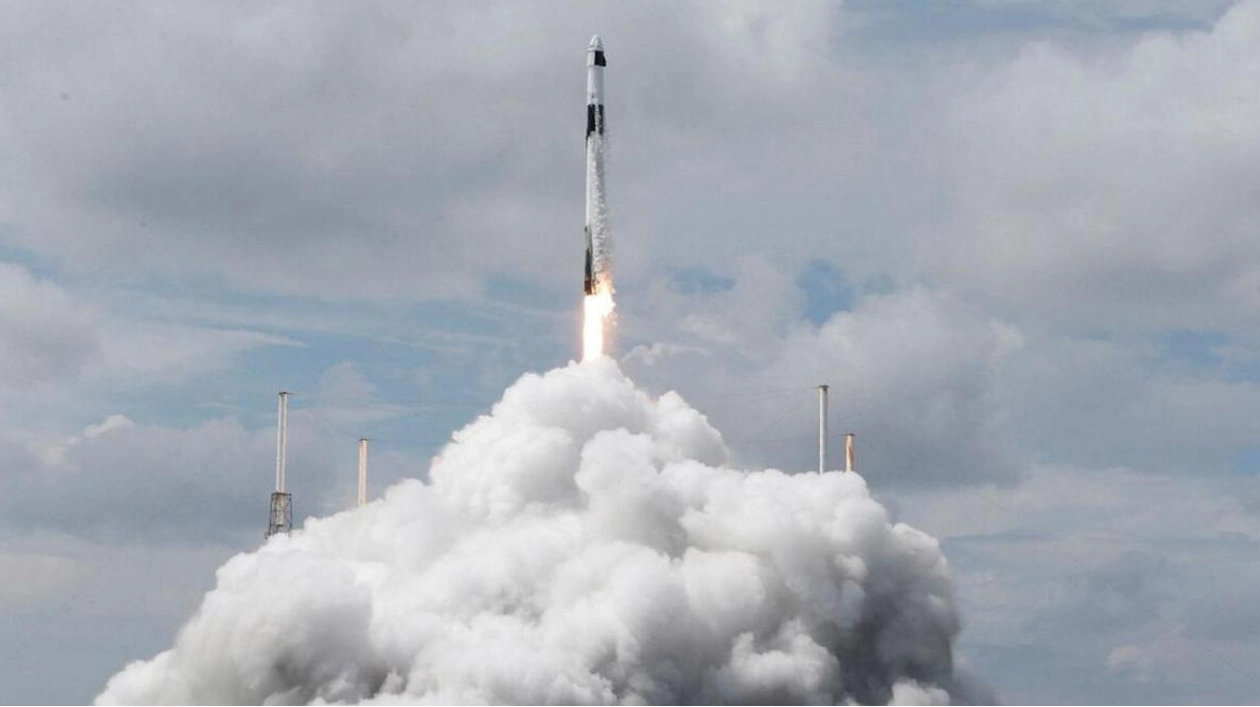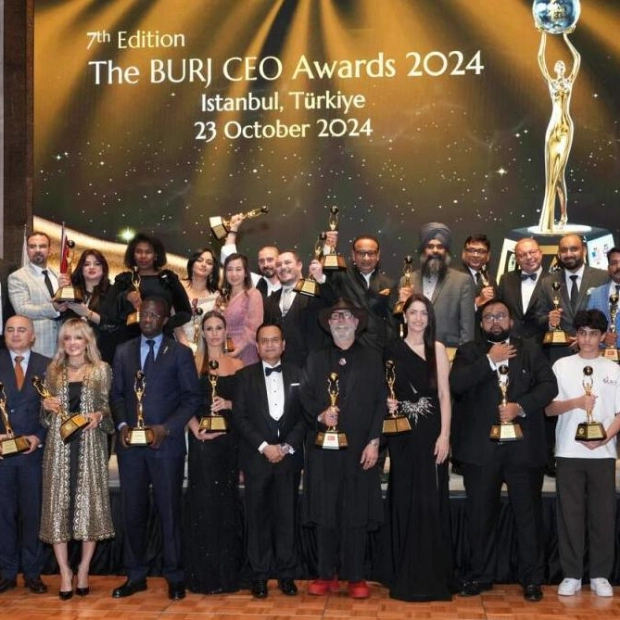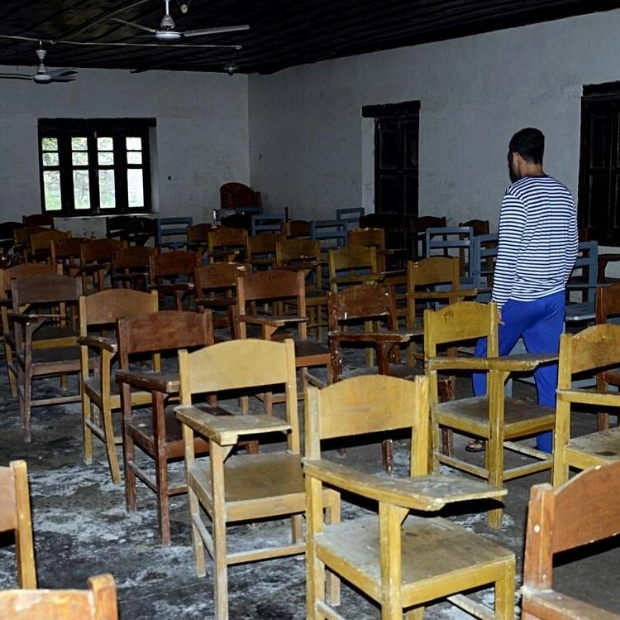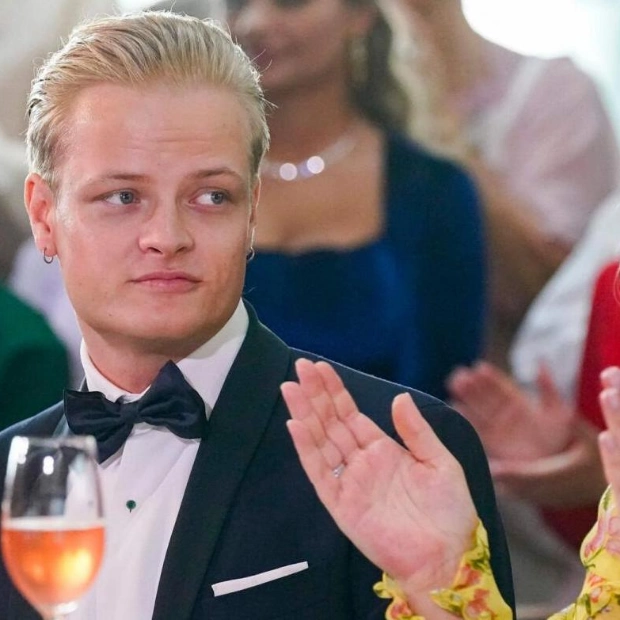The SpaceX crew tasked with bringing back two astronauts stranded on the International Space Station (ISS) successfully docked with the orbiting laboratory on Sunday, as shown in a live stream of the mission. The Falcon 9 rocket launched at 1:17 pm from Cape Canaveral, Florida on Saturday, carrying the Crew-9 mission aboard a Dragon spacecraft. The spacecraft made contact with the ISS at 5:30 pm on Sunday.
Following the docking, NASA astronaut Nick Hague and Russian cosmonaut Alexander Gorbunov entered the station just after 7:00 pm, greeted warmly by their floating colleagues. "I just want to say welcome to our new compadres from Dragon Freedom," said station commander Suni Williams, one of the two stranded astronauts. "Alex, welcome to the International Space Station, and Nick, welcome back home," she added.
When Hague and Gorbunov return from the ISS in February, they will bring back space veterans Williams and Butch Wilmore, whose stay was extended due to issues with their Boeing-designed Starliner spacecraft. The Starliner, in its first crewed flight, delivered Wilmore and Williams to the ISS in June. They were initially scheduled for an eight-day mission, but problems with the Starliner's propulsion system during the flight forced NASA to reconsider their plans.
After extensive testing on the Starliner's reliability, NASA decided to return it to Earth without its crew and arranged for the stranded astronauts to return home on SpaceX's Crew-9 mission. SpaceX, founded by billionaire Elon Musk, has been conducting regular six-month missions to rotate ISS crews. However, the launch of Crew-9 was delayed from mid-August to late September to allow more time for evaluating the Starliner's reliability and determining the next steps. The mission was further delayed by the passage of Hurricane Helene, which impacted Florida on Thursday.
In total, Hague and Gorbunov will spend approximately five months on the ISS, while Wilmore and Williams will spend eight months there. During their stay, Crew-9 will conduct around 200 scientific experiments.






